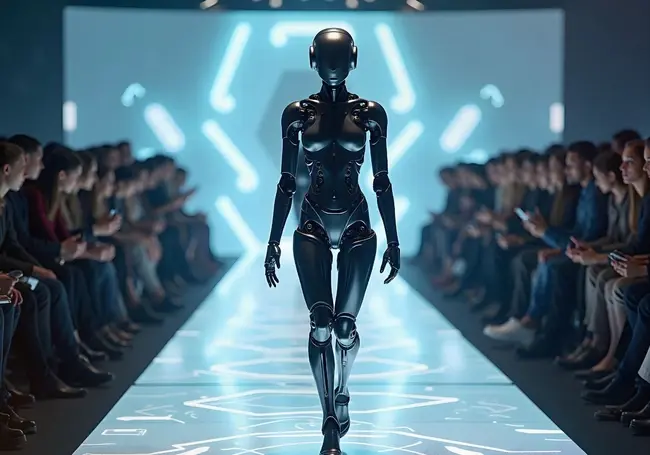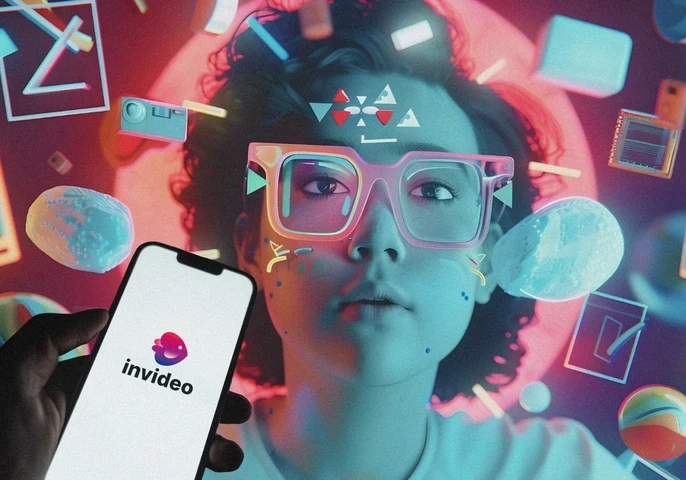Fashion giant H&M has announced that they will use AI to create digital clones of their models.
These AI clones will be used in marketing materials and social media posts to ‘showcase’ the retailers clothes across a number of their brands
The H&M Group is responsible for a number of high street and online retailers aside from ‘H&M’, including, Cos, Weekday, & Other Stories, Arket and Monki. Each brand has its own distinct aesthetic and target audience meaning each AI Clone will be tailored to suit the unique branding of each subsidiary, demonstrating the versatility of the technology.

Read: Google Shopping Undergoes AI Transformation
The initial rollout will involve the creation of 30 AI clones, a pilot project designed to assess the effectiveness and scalability of this approach.. H&M say that the human models will own the rights to their twins, and will be able to let other brands use them.
AI Replacing Human Creatives
This move is controversial for a number of reasons, namely that as the model can be posed and styled digitally creative workers like photographers, makeup artists, hair stylists, and lighting teams are taken out of the processes.
This mimics a disturbing trend felt across the creative industries, where the rapid advancement of AI is prompting anxieties about the displacement of human artists and professionals.
Similar to the controversial use of AI in the film 'The Brutalist' to refine actor's vocal performances, H&M's employment of digital model clones highlights the increasing capacity of AI to manipulate and recreate human representation.
Similarly, Christie's Augmented Intelligence auction faced global backlash from artists who argue that it legitimizes copyright infringement and is ‘art theft’.
The implications extend beyond job security, raising questions about the artistic integrity and human element in advertising not to mention questions about the real way that clothes would look on actual human bodies compared to artificial ones.
This could lead to a further increase of the core issue of unrealistic body standards within the fashion industry - the bodies will literally not be real.
Consumers connect with authentic human representation, and the introduction of AI clones could alter the emotional connection brands strive to cultivate. There is also the very real possibility that the drape, flow, and fit of clothing, which are so important to consumers, will not be accurately represented by these AI clones."







Comments ( 0 )